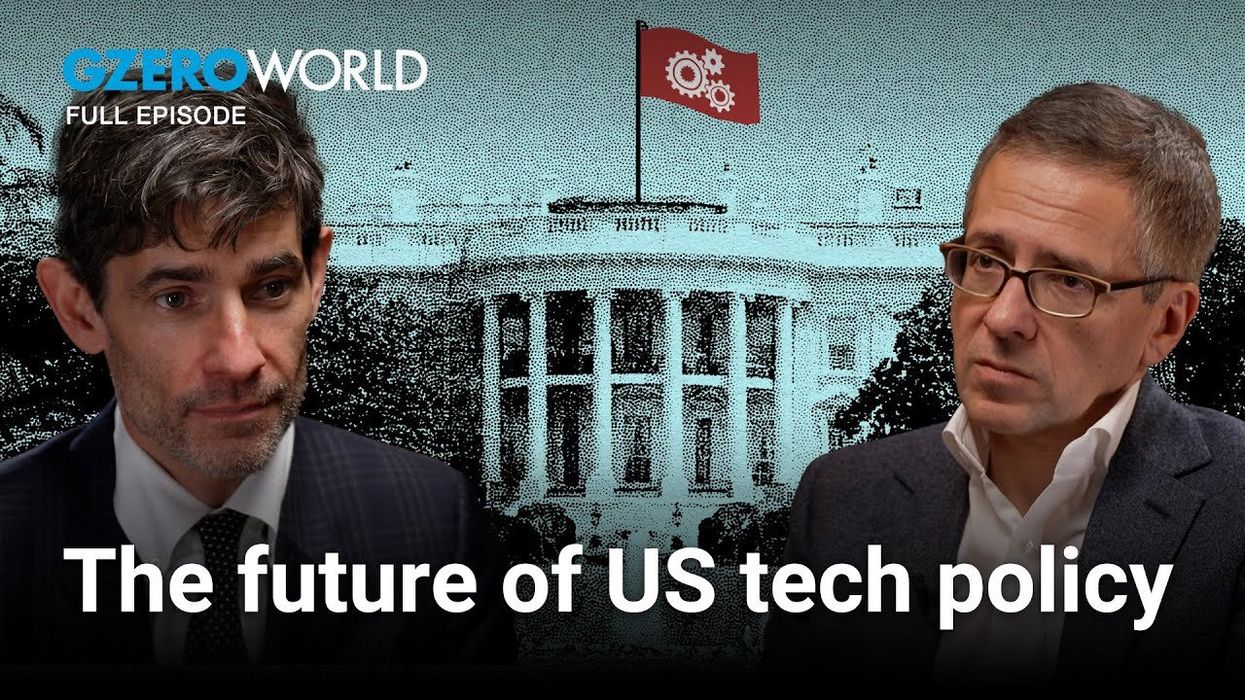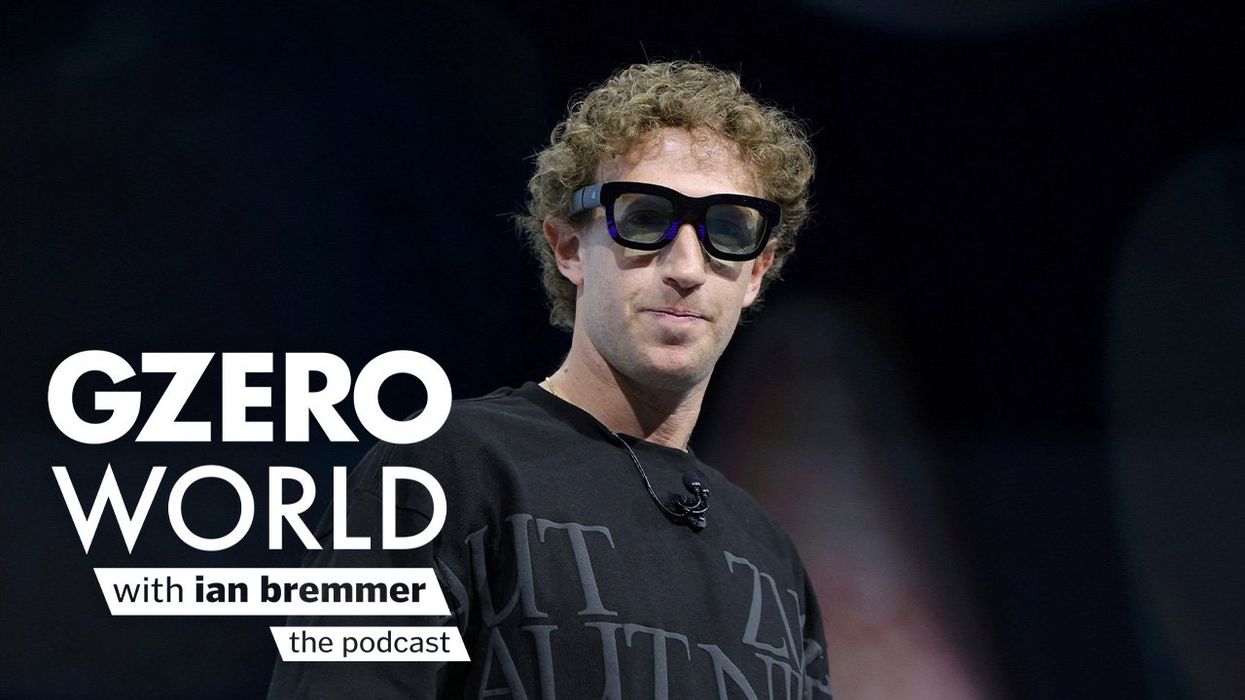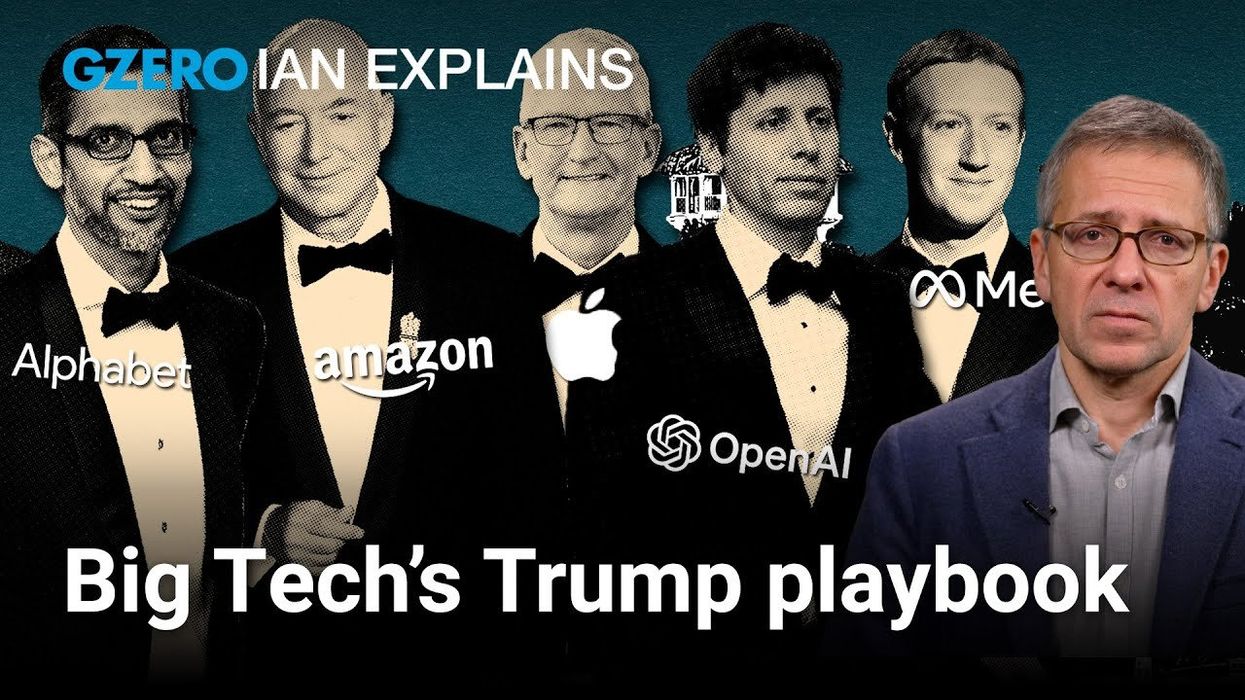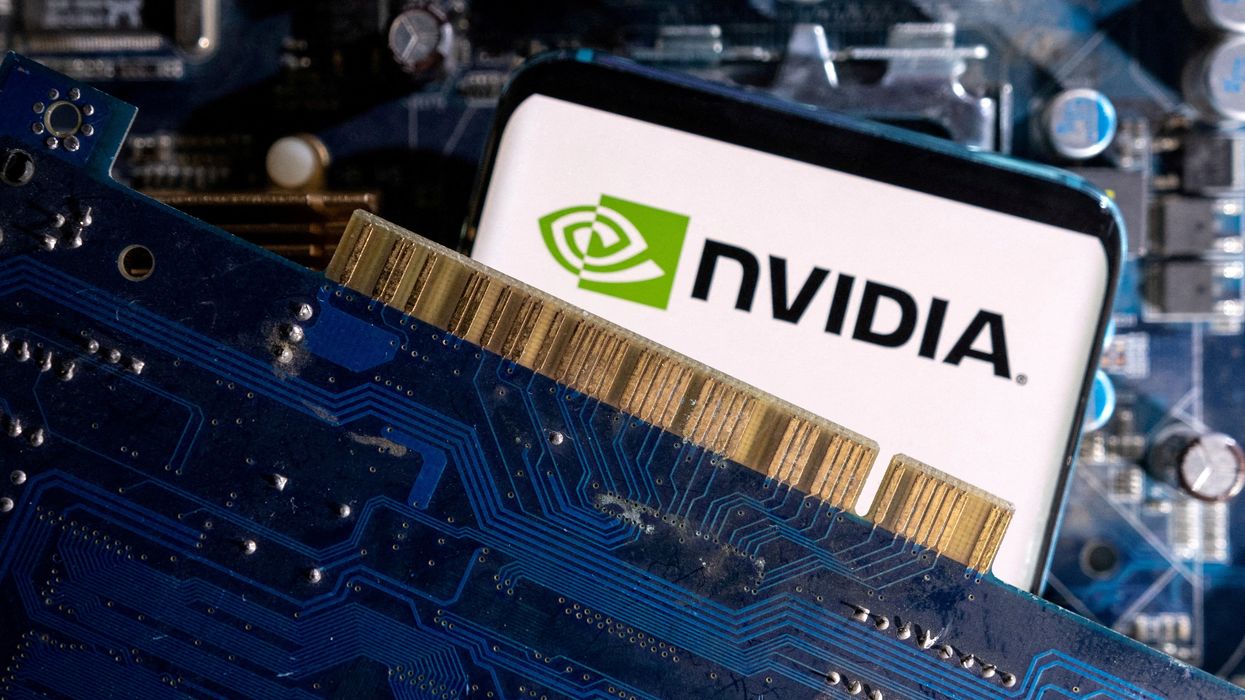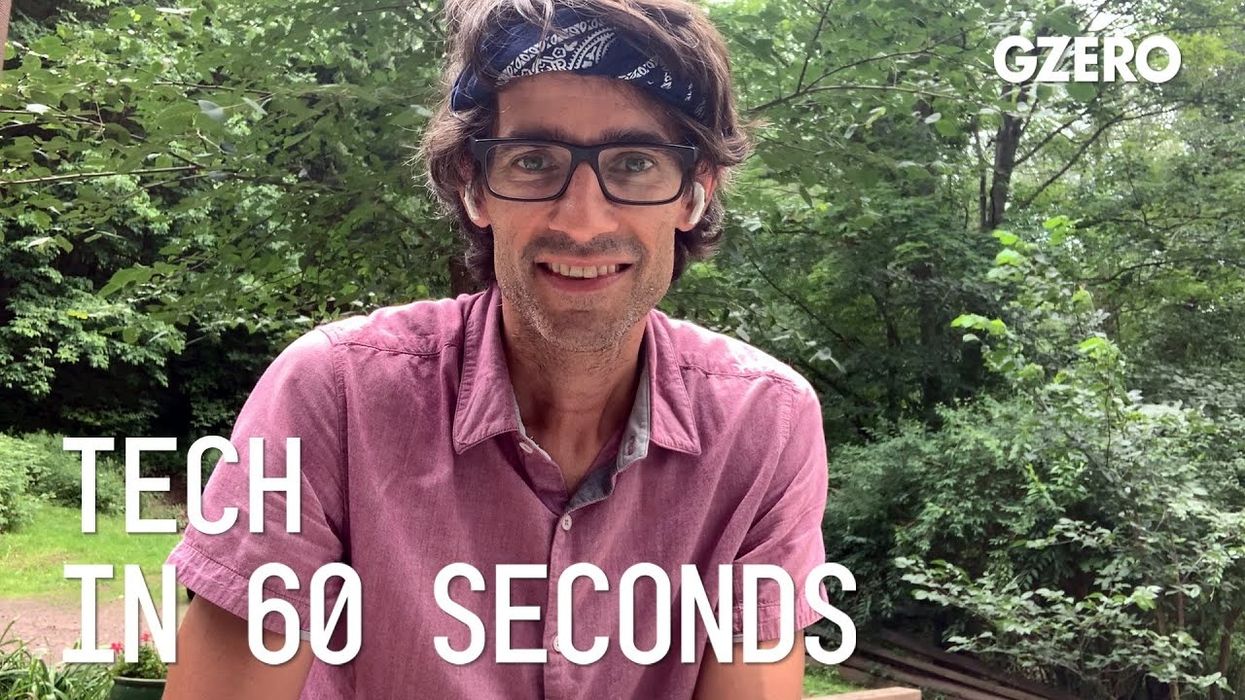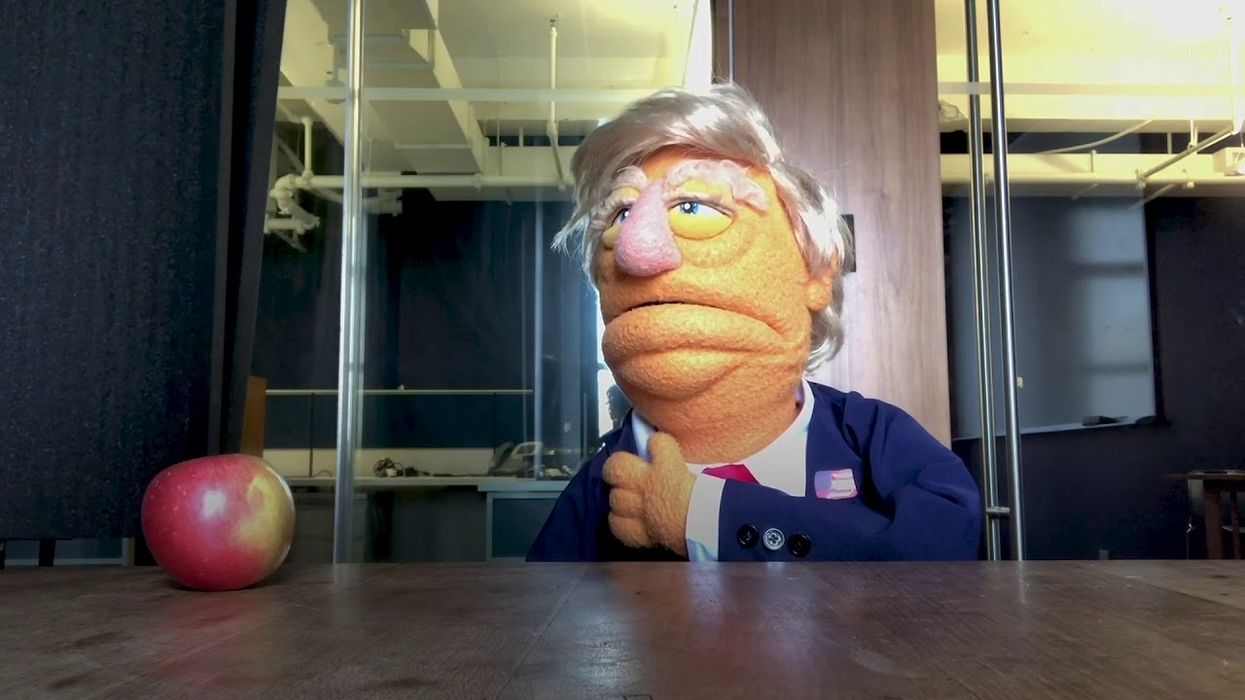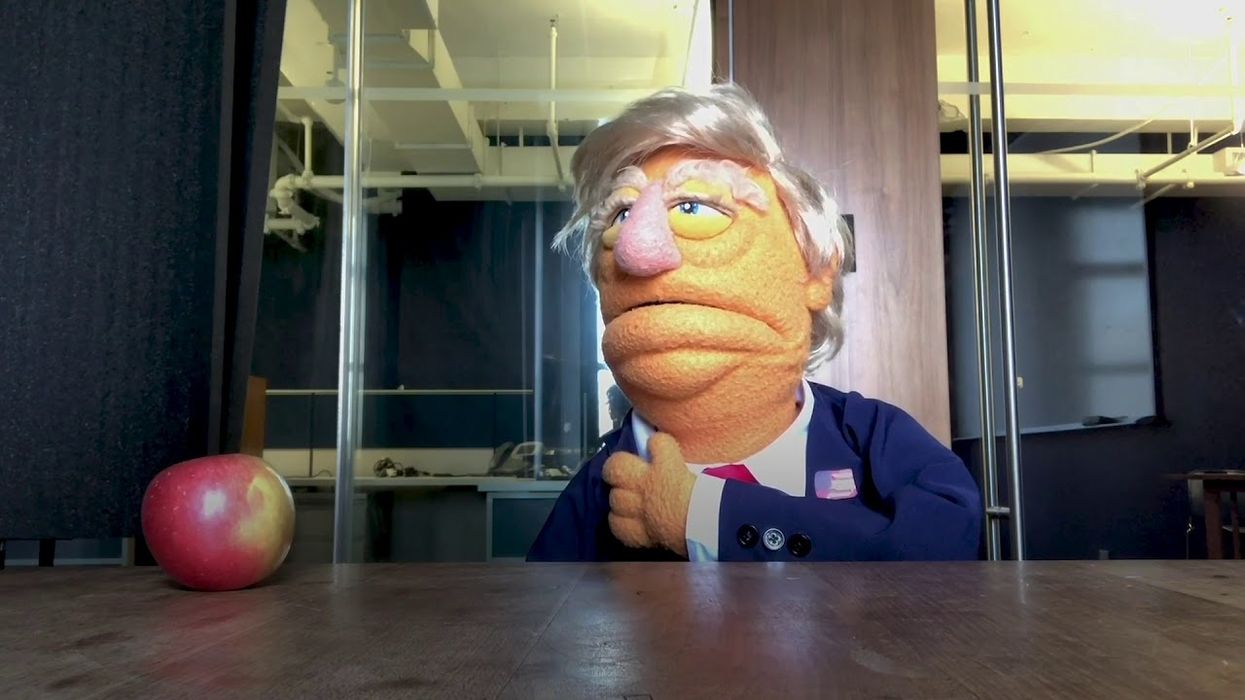GZERO World with Ian Bremmer
Big Tech under Trump 2.0
The tech landscape has shifted dramatically since Donald Trump’s first term in office: AI is booming, Meta and Google are fighting antitrust battles, and Elon Musk turned Twitter into “X.” In anticipation of Trump 2.0, social media platforms like Facebook and Instagram have announced they’ll prioritize free speech over content moderation and fact-checking. So what’s in store for the tech industry in 2025? On GZERO World, Atlantic CEO Nicholas Thompson joins Ian Bremmer on GZERO World to discuss recent shifts at Big Tech companies and the intersection of technology, media, and politics.
Jan 20, 2025
